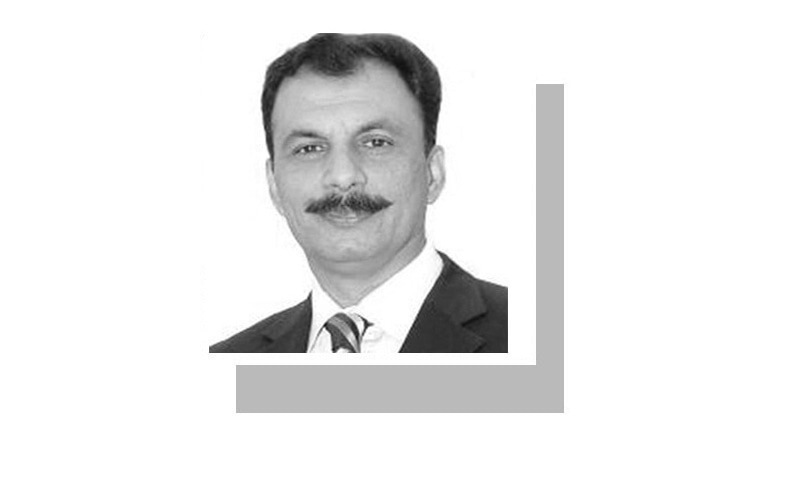CEDAW’S ratification led to initiatives such as women police stations and women protection laws. But crimes against women did not stop, exposing the failure of society and the criminal justice system (CJS). Despite defined responsibilities, why did individuals, families, society and media fail to prevent CAW? Despite the state’s legal jurisdiction why is violence against women perceived as a family affair here? Prompt response to and reporting of CAW can move CJS wheels but because CAW is seen as a family affair, countless incidents go unreported.
Owing to a discrepancy in statistics, it’s hard to quantify CAW. For suicide, rape, murder and injury, medico-legal opinion has decisive weight but resource constraints, operational problems, social taboos and poor coordination hamper justice. MLOs delay reports and write them in isolation. Better coordination between investigators and MLOs will improve report quality. Completing medico-legal reports within a specific period reduces chances of manipulation; to improve coordination every district should have software accessible to authorised judges, prosecutors, doctors and SP investigation. Medical evidence is irrefutable. Timely medical examination helps justice. Availability of medical reports ensures that during investigation an FIR is not cancelled nor a compromise effected.
Honour killing is seen as an intra-family cultural practice; registered cases don’t depict real numbers. In rural areas cultural norms hinder FIR registration. Even if cases are registered, these are weak as circumstantial evidence is tampered with by families, while witnesses do not record their statements. Non-observance of medico-legal formalities and biased attitudes aids the accused. Often families portray honour killings as suicide or accidents.
Autopsy refusal creates complications. Delayed receipt of reports results in forwarding the case progress to courts without medico-legal opinion. Determining the age of the accused and victim, distinguishing between murder, suicide, and honour killing require better coordination between doctors and investigators.
Women pay the price of CJS flaws.
Where the victim’s parents are complainants, they depend on fabricated evidence provided by the husband or in-laws. Upon learning the facts, they may change their statement which is to the accused’s advantage. Cultural biases and CJS loopholes help the accused. Inexperienced investigators handle such cases casually and often actors within the CJS treat the accused with respect. Sensitising the actors is necessary.
Cultural barriers hinder male responders’ and investigators’ access to the crime scene. Witnesses and accused in the family do not cooperate and destroy evidence. Drafting FIRs in a casual language and not applying the law’s correct sections benefit the accused. Where the accused and complainant are from the same family, investigators face difficulties in attaching property under CrPc Section 88. Non-recovery of the weapon of offence and non-preservation of circumstantial evidence mars investigations. Communities must learn CAW is a criminal offence requiring instant reporting. Communication gaps between operations and investigation officers deprive investigators of access to the actual scene of occurrence. Hence, circumstantial evidence is usually tampered with.
A woman victim pays the price of CJS flaws. Out-of-court settlements negatively influence investigations. Since junior police officers are primarily from the rural areas, most have a stereotypical thinking about women. Though harassment has been elaborated on, its essence is yet to trickle down. For such minds, harassment may not be a crime. Understanding women protection laws isn’t possible without incorporating them in the police curriculum. There is a Gender Crimes Cell in the National Police Bureau but its effectiveness warrants a third-party audit. Plugging gaps between cases reported to the police and reported by media and NGOs is not possible without legal backup and institutional collaboration.
To advise the government on gender issues and standardisation, Article 160 of PO 2020 provides for a Police Management Board. But adoption of the Police Act, 1861, in Balochistan, KP Police Act, 2017, and the amended Sindh Police Order, 2019, omit the federal part in the police laws. Hence only Punjab’s police law contains the concept of PMB. Standardisation warrants the adoption of the original PO 2002. Dysfunctional public safety commissions and police complaint authorities compromise women’s interests. To improve prevention and conviction, in district criminal justice committees representatives from the health and social welfare departments must be co-opted. To cater to the needs of women, public safety funds must be used to improve police stations.
Improved prevention, response, simplification of reporting procedures, access to helplines, better linkages between police and shelters, quality of investigation, police training, allocation of resources and community empowerment will reduce CAW.
The writer is author of Pakistan: In Between Extremism and Peace.
Twitter: @alibabakhel
Published in Dawn, April 3rd, 2021














































